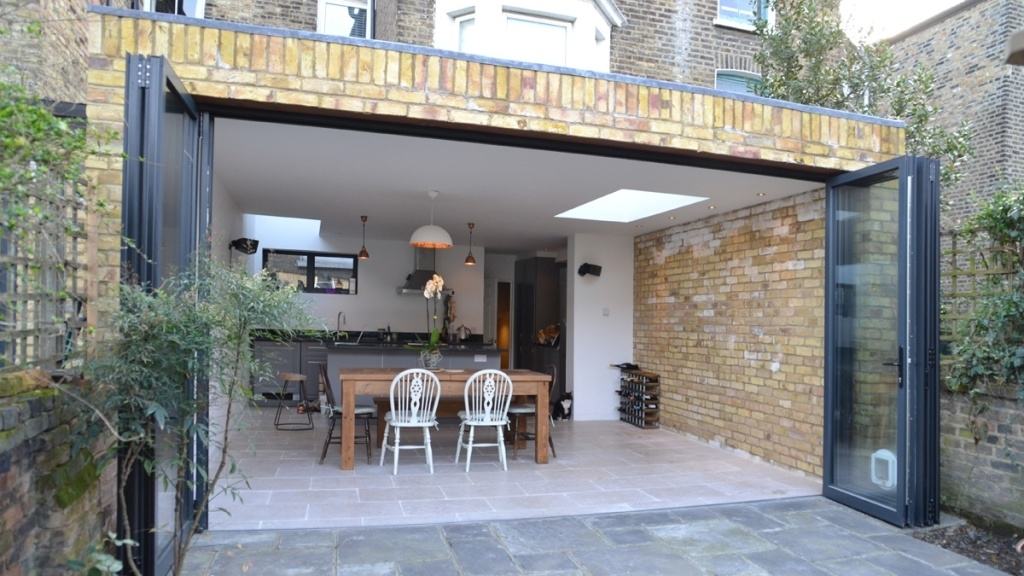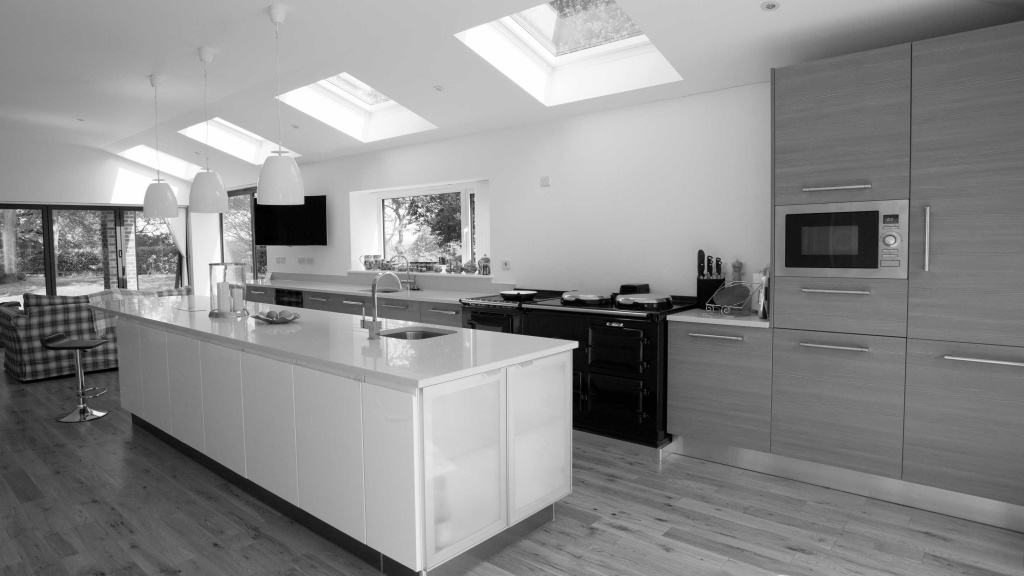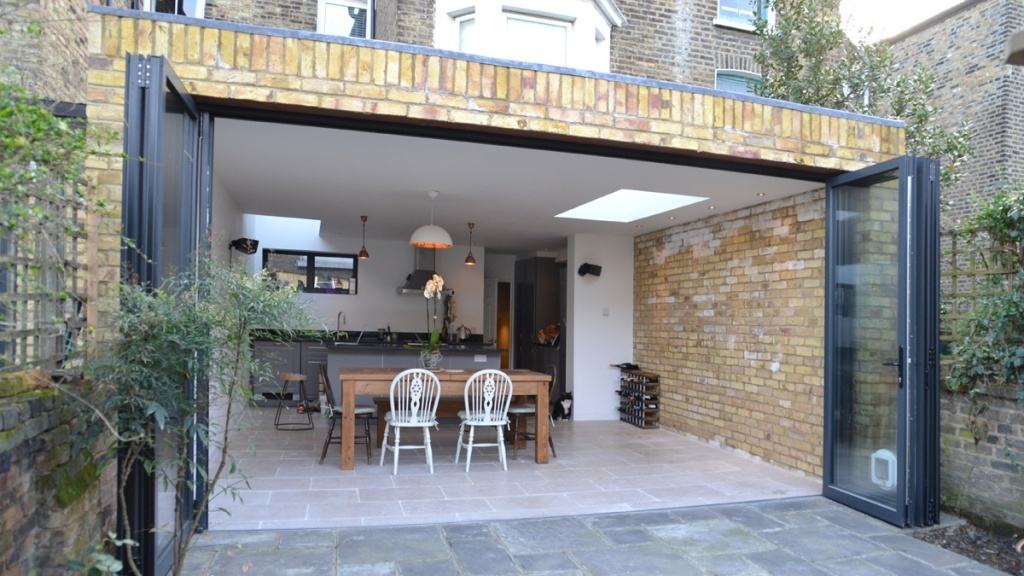Can I build a home extension without permission?
The short answer is no; at the very minimum, you will need to get building control approval so you can’t build your extension entirely without permission. However, it could be very straightforward to obtain and does not need to delay you getting started (see below). The other main approvals to consider are:
- planning
- freeholder consent
- party wall award
- covenants in the title to your property which may mean you will require someone else’s agreement
To help you figure out what is applicable to you, let’s start with asking some questions…
Planning permission / Permitted development for a house extension
As mentioned above, you could build your extension without permission if your proposal falls within the permitted development guidelines. But first there are restrictions to consider:
1. Is your property a house?
Be aware that flats and maisonettes do not have permitted development rights, so you won’t be able to build your extension without permission.
2. Is your property listed or in a conservation area?
Or other ‘protected’ areas, including:
- National Parks
- Areas of Outstanding Natural Beauty
- the Norfolk or Suffolk Broads
- a World Heritage Site
If the answer is ‘yes’, you may not be able to take advantage of permitted development rights or they might be restricted. In particular, your permitted development rights might have been removed if there is an ‘Article 4’ direction for your property. Speak to your architect about this, or consult your local council directly.
3. Does your extension comply with permitted development rules?
To find out about the permitted development rules for extensions, see our article on ‘How big can I build an extension without planning permission?‘
Certificate of Lawful Development
If you want to be certain that your proposal falls within permitted development guidelines, you can apply for a certificate of lawful development. This may come in useful when you come to sell your property, to show the buyer or buyer’s mortgage lender that your extension without planning permission was legal.
Building Control Approval for an extension
This one is a big yes; you will need building control approval for your home extension but it doesn’t need to delay your project and can be easy to obtain if you appoint the right professionals.
There are certain standards, set out by government, that all building projects must follow. There are a set of documents called ‘Approved Documents’ that act as a guide to achieving these standards.
We go into more detail into building control in this article, but basically you have three options on getting approval for your home project:
- A ‘building notice’ is where you/your builder gives notice to the council that works are about to start. This makes things much quicker, but there is more of a risk that you will be asked to change aspects of the design as you go. Also, there is less scope for appealing their decisions. However, this route could be suitable for a simple house extension (especially if you have a good architect on board).
- A ‘full plans’ application to the council means that you submit plans and details for approval before work starts. This information is usually much more detailed than a set of planning drawings. Once submitted, the decision takes a minimum of five weeks. Once work starts on site, regular inspections will be made.
- Using an ‘approved inspector’. An approved inspector is a private individual or organisation employed by you to ensure that your project complies with the building regulations. They will check and inspect the work instead of the local council.
Freeholder consent for an extension and other permissions
You may require other consents before starting your work and you might want to check with your solicitor if you’re not clear on the answer to some of these questions:
Do you own the freehold?
If the answer is no, you will need to seek permission from your freeholder.
Can a freeholder refuse permission for an extension?
First of all, you will need to read your lease agreement carefully, and seek clarification from your solicitor if needed. Check that your lease covers the area you wish to extend onto. If you don’t own the land, expect to pay for it! They will probably start with getting a valuation for your property as it stands, calculate the uplift in value the extension will create and ask for a percentage of the profit you would make.
Even if you do own the space, you should expect to pay fees relating to gaining the consent. The freeholder is likely to appoint a solicitor and structural engineer to check that your proposals are structurally sound and you will be liable to cover the cost of these services.
Do the titles for your property include restrictions (restrictive covenants)?
Even if you do own the freehold to your property, you may be restricted or even prohibited from building an extension due to ‘restrictive covenants’. These are often historical restrictions contained in the titles to the property, where the original developer or council restricted the owner doing certain things. These restrictions are passed down from owner to new owner and can be very archaic!
Prohibiting the alteration or extension to a property is a common one. Even if the council is the enforcer, do not assume that gaining planning permission removes this restriction.
Do you share a wall or fence with a neighbour?
Or even if you plan to excavate some ground near a neighbour’s property, you may need to have a Party Wall Award in place before starting work. You are legally obliged to give your neighbour 1-2 months’ notice (depending on what the works involve). If you’re unsure whether the Party Wall etc. Act applies to you, speak to your architect or find a Party Wall surveyor.
Above: Extension designs by Design for Me architects. Click on the image to view their profile and shortlist them for your project.




